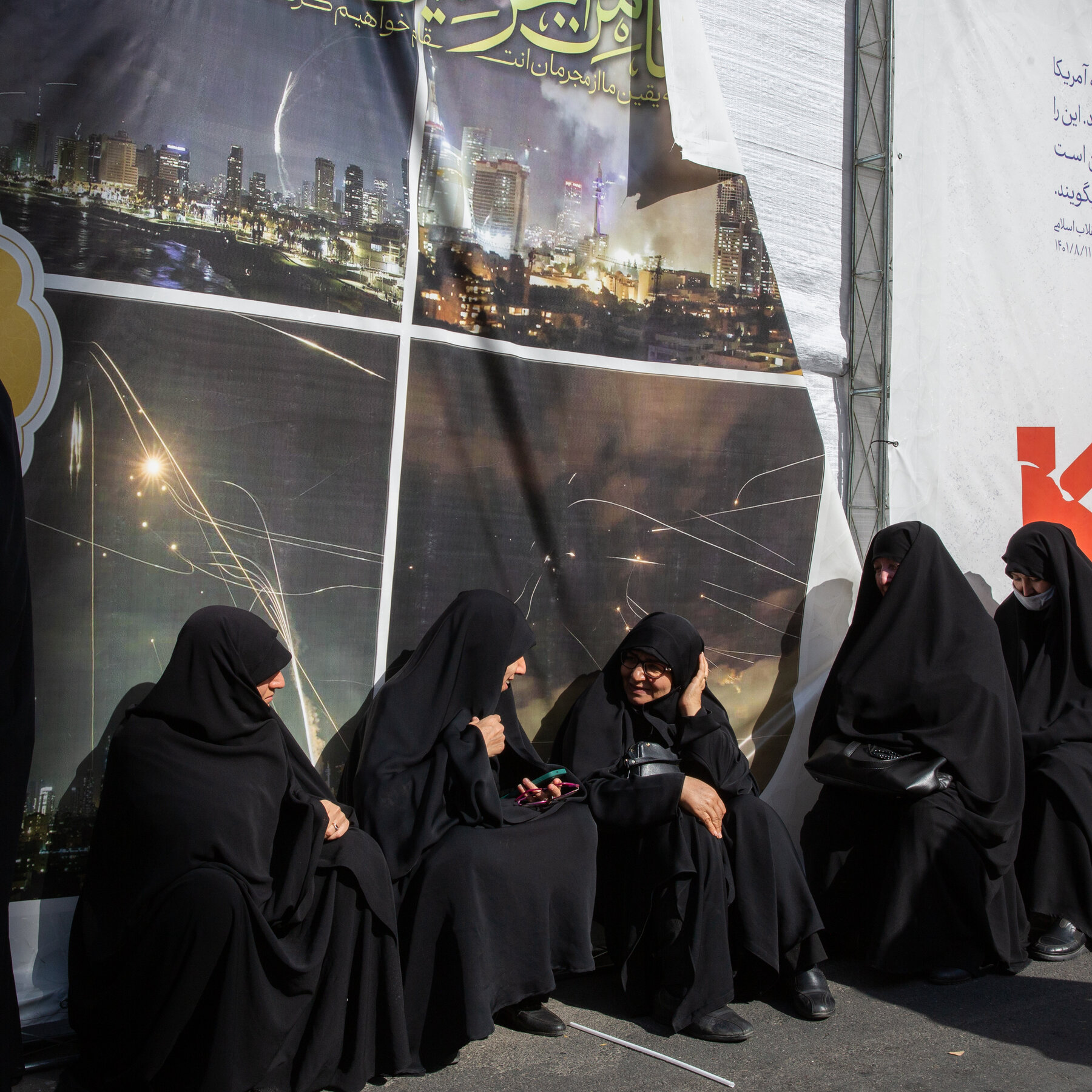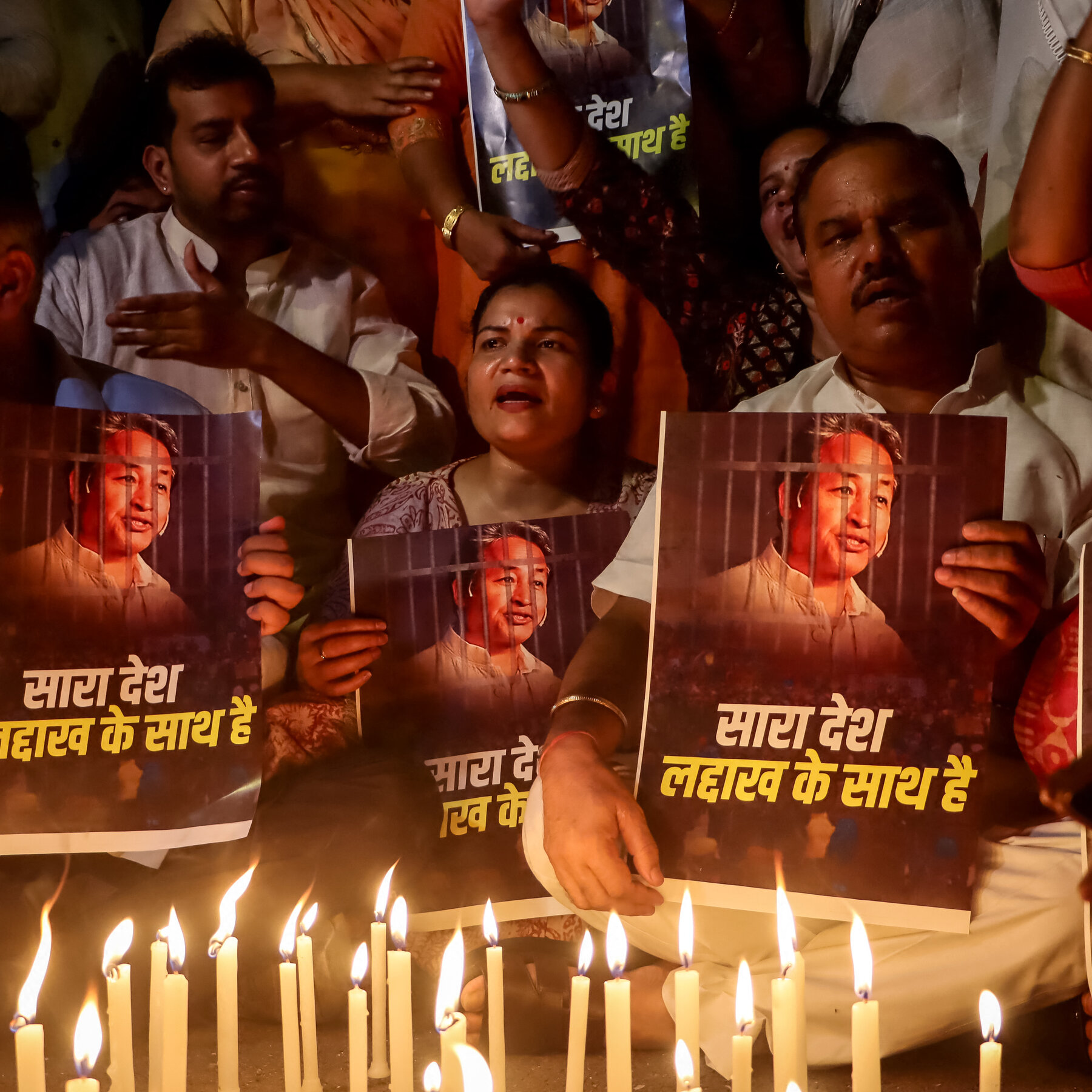Gustavo Petro, the Rebel Turned President Willing to Take on Trump
Gustavo Petro rose from the jungles of Colombia’s guerrilla movements to the highest office in the nation, carrying a combative style that has made him both a champion of the poor and a target of powerful enemies.
From Guerrilla Roots to Political Arena
Born into a working‑class family in the town of Ciénaga, Petro joined the left‑wing M-19 rebel group in his teenage years. The experience forged a deep distrust of the traditional political elite and taught him to wield confrontation as a tool for change. After the group’s demobilization in the early 1990s, Petro entered academia, earning a degree in economics before stepping onto the national stage as a congressman.
Climbing the Ladder to the Presidency
Petro’s political career was marked by relentless criticism of corruption and inequality. As a senator, he championed environmental legislation and pushed for a higher tax on the wealthy. His populist rhetoric resonated with millions of Colombians tired of decades‑long conflict, culminating in his historic victory in the 2022 presidential election—the first time a leftist candidate won the office.
Crossing Paths with Donald Trump
Petro’s foreign‑policy stance quickly put him at odds with former U.S. President Donald Trump. While Petro has advocated for stricter regulation of multinational mining firms and a more independent energy policy, Trump’s administration repeatedly warned that such moves could jeopardize American investments in the region. In a televised interview, Petro declared, “We will not be bullied by any foreign power, even one that once ruled the world.” The remark sparked a flurry of diplomatic tension, with Trump’s allies accusing Petro of jeopardizing U.S.–Colombian ties.
Domestic Fallout and Political Turbulence
The clash with Trump has amplified existing fissures within Colombia’s political landscape. Opposition parties, bolstered by business leaders and conservative media, have launched impeachment inquiries alleging fiscal mismanagement. Meanwhile, Petro’s supporters argue that the attacks are a coordinated effort to undermine his reform agenda, which includes land redistribution, a transition to renewable energy, and a national dialogue on peace.
Looking Ahead
As Petro navigates both external pressure from the United States and internal challenges from a fragmented Congress, his willingness to confront powerful interests remains a defining feature of his presidency. Whether this confrontational approach will usher in lasting reforms or deepen the nation’s polarization is a question that Colombians—and the world—are watching closely.






